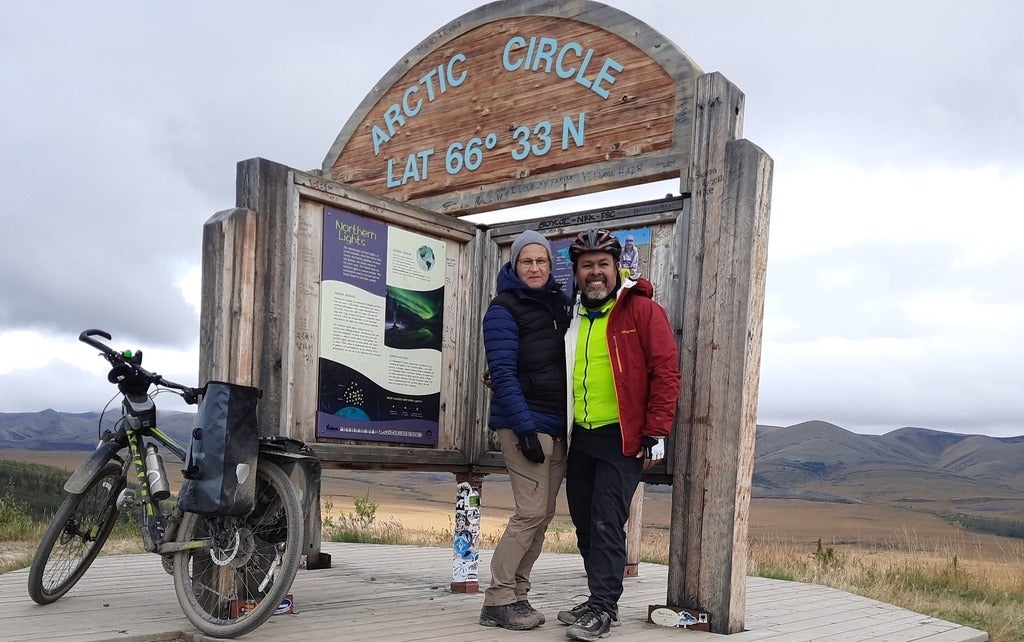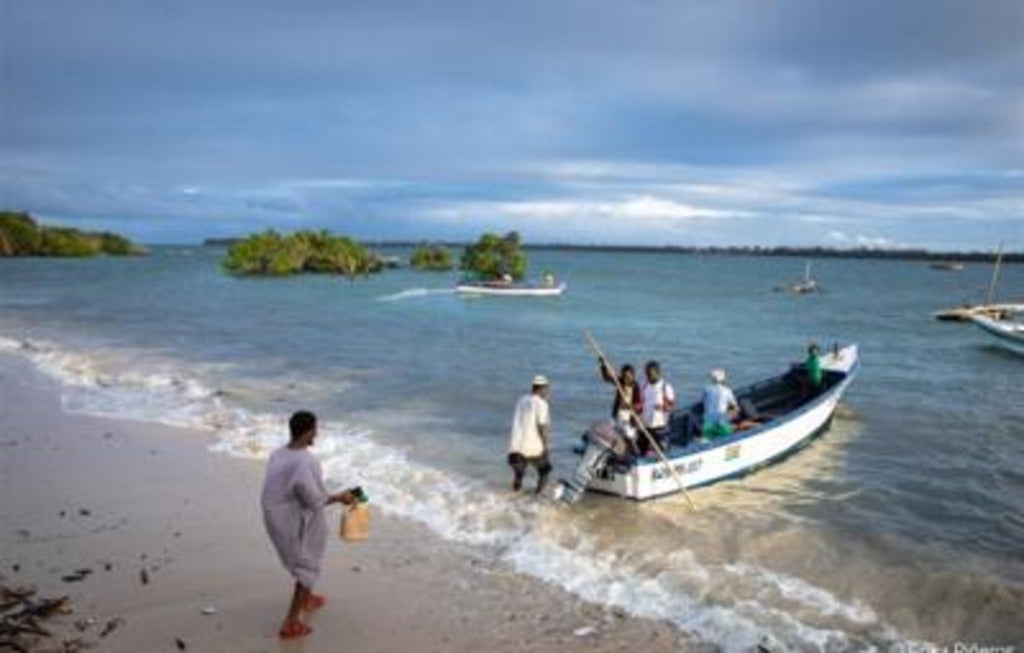Isabel Jorgensen awarded prestigious P.E.O. scholarship
SERS PhD candidate Isabel Jorgensen has been awarded a prestigious P.E.O. Scholar Award for her high level of academic achievement and potential to have a positive impact on society. Congratulations, Isabel!







